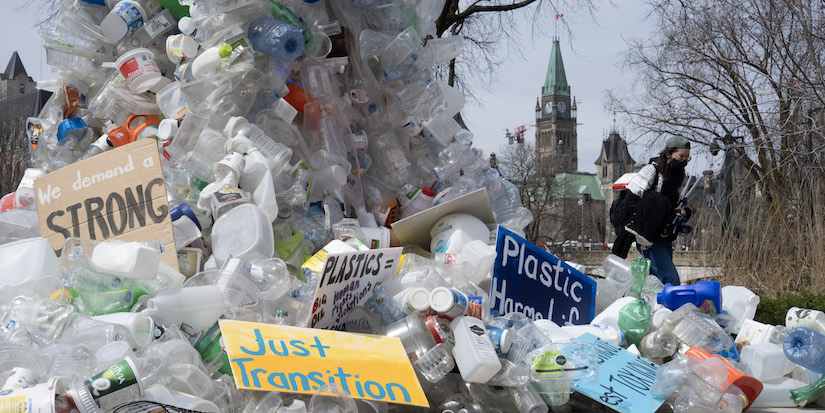Latest News
City supports call for fossil fuel treaty

—
Richmond is furthering its environmental improvement efforts by formally endorsing the call for a federal and provincial fossil fuel non-proliferation treaty.
The treaty calls on world leaders and Canadian parliamentarians to work together in a spirit of international cooperation to end new expansion of oil, gas, and coal production; phase out existing oil, gas, and coal; and commit to and pursue transformational policies and plans to ensure access to renewable energy globally.
City councillors discussed the matter at a recent council meeting, and the city will send a letter to Prime Minister Justin Trudeau and Premier John Horgan urging the federal and provincial governments to support the global initiative for a fossil fuel non-proliferation treaty.
The proposed treaty also seeks to support economies to diversify away from fossil fuels, enable people and communities across the globe to flourish through the global transition, and enact national budget and fiscal policies that will support a swift transition.
The call for a fossil fuel non-proliferation treaty was initiated by Tzeporah Berman, a prominent climate activist based in B.C. The initiative is led by a 25-person board of members from across Canada—including several members representing Indigenous Peoples—and numerous countries including the United States of America and the United Kingdom.
The group seeks to highlight that while global climate change agreements like the Paris Agreement already exist, they have targeted human-caused greenhouse gas (GHG) emissions, rather than the supply of fossil fuels which produce the majority of emissions
The initiative also calls to enable a global registry of fossil fuels as an international transparency and accountability mechanism, a global commission on fossil fuels, and a formal process to deliver a negotiated legal instrument on the managed transition from fossil fuels.
The city can take direct action through the province’s CleanBC program that implements an annual GHG emissions cap for natural gas utilities.
By targeting GHG emissions rather than natural gas production, the province leaves room for increased production as long as lower GHG emissions are attributed to the gas produced.
To date, the province has not introduced legislation to implement a GHG reduction cap for natural gas utilities.
On March 29, the federal government released the 2030 Emissions Reduction Plan: Canada’s Next Steps to Clean Air and a Strong Economy, which includes commitments to put a limit on GHG emissions from the oil and gas sector, and to reduce GHG emissions from oil and gas by 75 per cent or more by 2030.
While this is the first time a federal plan has noted its intention to directly limit GHG emissions from the fossil fuel sector, this plan—like B.C.’s promised cap on natural gas emissions—targets net GHG emissions rather than fossil fuels directly, and will not necessarily result in reduced production.
Council recently adopted the city’s second Community Energy & Emissions Plan that will set Richmond on a path to achieve zero emissions by 2050.































